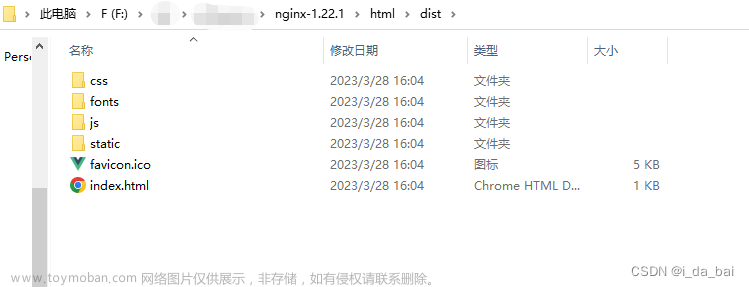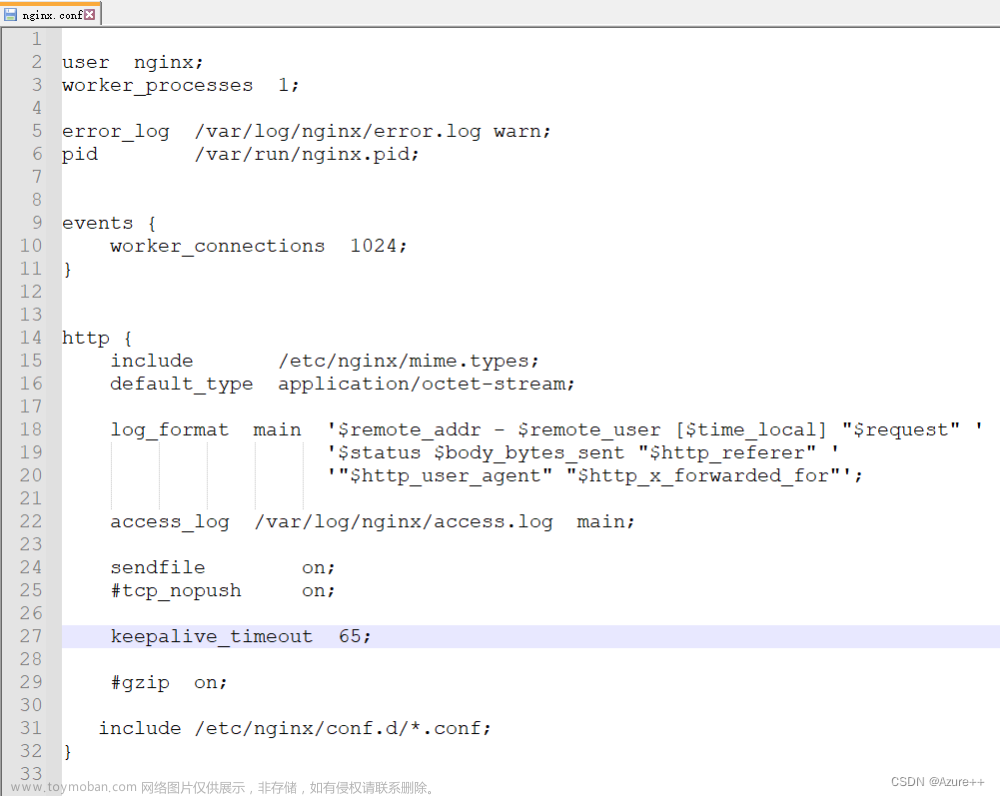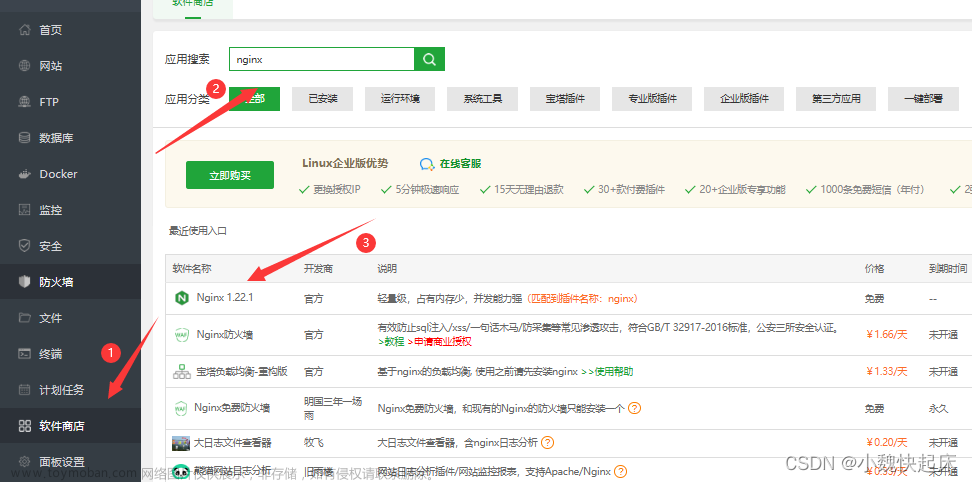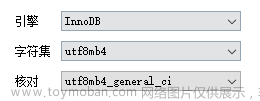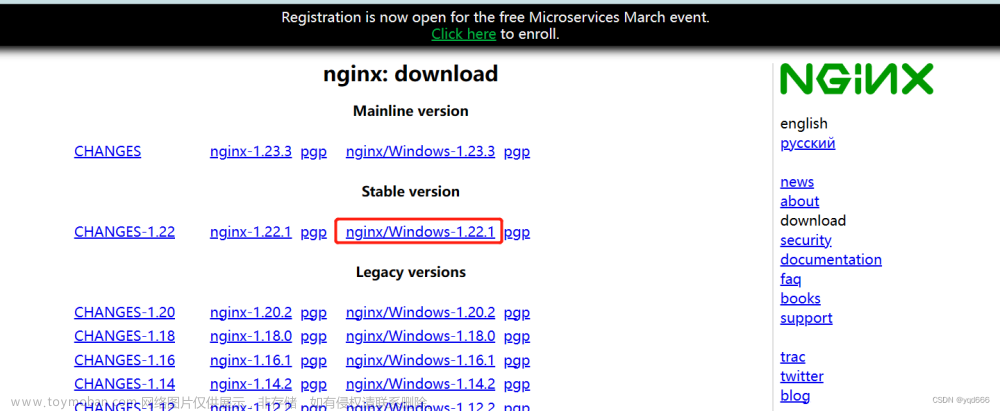目录
1.前言
2. 场景复现:
3.问题的原因:
4.使用nginx一般要注意的小细节:
1. location / 写在下面,其他的转发如/v1写在上面编辑
2.如何查看nginx转发请求到哪里了?
3.怎么写自己的前端路径?
5.使用nginx常用的命令:
6.常用nginx配置文件(可以参考,根据自己实际项目修改一下即可)
1.前言
本来很简单的一个事,结果老是报错,郁闷的睡不着,于是半夜起床撸起袖子干……
最后功夫不负有心人,终于找到解决方法并且成功了。
2. 场景复现:
前端部分是用的vue3,本地代理什么的一切正常,然后前端打包生成dist文件,然后放到服务器上(你要记得存放的路径),现在都是前后端分离开发,之前我部署都是前后端在一个服务器上,这次后端部署在A服务器,我部署在B服务器。
本来按照正常思路都是修改nginx的conf文件,然后加一个location /api之类的就够了,但是这次却出问题了。
3.问题的原因:
这次问题的核心是:
之前我是这么写的(错误)
location ^~ /v1 { proxy_pass https://XXXXX.neimeng.seetacloud.com:6443/api/; }后来我是这么写的(正确)
location /v1 { proxy_pass https://XXXXXXeimeng.seetacloud.com:6443/api/v1; }其实区别就是最后加了一个/v1
也是今天出的最大问题:那就是—— /v1 在转发的时候不会带上/v1; 而 /v1/ 这么写会带上/v1
4.使用nginx一般要注意的小细节:
1. location / 写在下面,其他的转发如/v1写在上面
2.如何查看nginx转发请求到哪里了?
在serve里面, location / {} 上面粘贴即可
add_header backendCode $upstream_status; add_header BackendIP "$upstream_addr;" always;3.怎么写自己的前端路径?
在location里面 root 的右边写(格式参考C语言),上图红色框标识了。
5.使用nginx常用的命令:
1. 查看所有运行中的nginx进程
tasklist | findstr nginx2.删除某个运行中的进程
taskkill /pid 3584(具体的进程pid可以根据上面的命令自己看) /f3.检查conf配置文件是否有错误文章来源:https://www.toymoban.com/news/detail-481555.html
nginx - t4.重启nginx文章来源地址https://www.toymoban.com/news/detail-481555.html
nginx -s reload
6.常用nginx配置文件(可以参考,根据自己实际项目修改一下即可)
#user nobody;
worker_processes 1;
#error_log logs/error.log;
#error_log logs/error.log notice;
#error_log logs/error.log info;
#pid logs/nginx.pid;
events {
worker_connections 1024;
}
http {
include mime.types;
default_type application/octet-stream;
#log_format main '$remote_addr - $remote_user [$time_local] "$request" '
# '$status $body_bytes_sent "$http_referer" '
# '"$http_user_agent" "$http_x_forwarded_for"';
#access_log logs/access.log main;
sendfile on;
#tcp_nopush on;
#keepalive_timeout 0;
keepalive_timeout 65;
#gzip on;
server {
listen 80;
server_name 你的服务器IP;
#charset koi8-r;
#access_log logs/host.access.log main;
add_header backendCode $upstream_status;
add_header BackendIP "$upstream_addr;" always;
location /v1 {
proxy_pass https://后端地址;
}
location / {
root C:/Users/你的前端文件存放目录;
index index.html index.htm;
try_files $uri $uri/ /index.html;
}
#error_page 404 /404.html;
# redirect server error pages to the static page /50x.html
#
error_page 500 502 503 504 /50x.html;
location = /50x.html {
root html;
}
# proxy the PHP scripts to Apache listening on 127.0.0.1:80
#
#location ~ \.php$ {
# proxy_pass http://127.0.0.1;
#}
# pass the PHP scripts to FastCGI server listening on 127.0.0.1:9000
#
#location ~ \.php$ {
# root html;
# fastcgi_pass 127.0.0.1:9000;
# fastcgi_index index.php;
# fastcgi_param SCRIPT_FILENAME /scripts$fastcgi_script_name;
# include fastcgi_params;
#}
# deny access to .htaccess files, if Apache's document root
# concurs with nginx's one
#
#location ~ /\.ht {
# deny all;
#}
}
# another virtual host using mix of IP-, name-, and port-based configuration
#
#server {
# listen 8000;
# listen somename:8080;
# server_name somename alias another.alias;
# location / {
# root html;
# index index.html index.htm;
# }
#}
# HTTPS server
#
#server {
# listen 443 ssl;
# server_name localhost;
# ssl_certificate cert.pem;
# ssl_certificate_key cert.key;
# ssl_session_cache shared:SSL:1m;
# ssl_session_timeout 5m;
# ssl_ciphers HIGH:!aNULL:!MD5;
# ssl_prefer_server_ciphers on;
# location / {
# root html;
# index index.html index.htm;
# }
#}
}
到了这里,关于前端部署项目后nginx转发接口404(页面正常)的文章就介绍完了。如果您还想了解更多内容,请在右上角搜索TOY模板网以前的文章或继续浏览下面的相关文章,希望大家以后多多支持TOY模板网!

